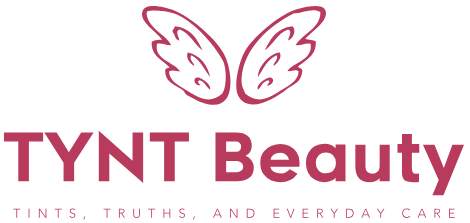Why I Chose the Audio-Technica AT2020 Microphone with Stand: An Expert’s Experience and Insights
As a passionate content creator and audio enthusiast, I’ve always believed that the right tools can make a world of difference in achieving professional-quality sound. One piece of equipment that consistently stands out in my journey is the Audio-Technica AT2020 microphone. Renowned for its exceptional clarity and versatility, this microphone has become a staple in…
